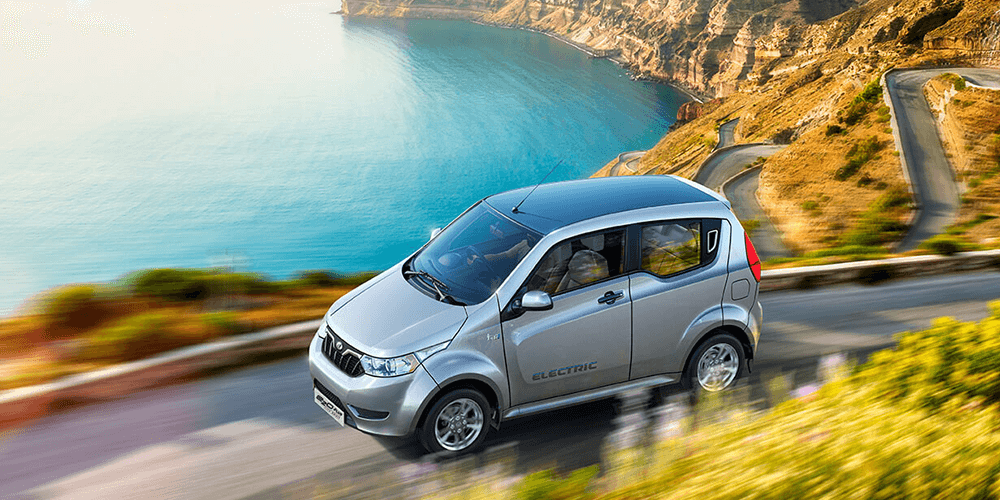India drafts plans to waiver registration fees for EVs
The Indian government plans to exempt electric vehicles from registration fees. This includes all types of electric vehicles, such as scooters, motorcycles and rickshaws. There are also plans to reduce VAT on electric vehicles.
India wants to reduce its dependence on fossil fuels. While a think tank set up by the government is proposing decisive regulatory measures, politicians want to back incentives that may encourage the uptake of electric vehicles.
As per a notification issued by the Ministry of Road, Transport and Highway, the government has drafted regulations to exempt electric vehicles from registration fees. These regulations, of course, include all EVs, meaning also electric two and three-wheelers. These new regulations would mean the waiver of renewal fees for existing vehicles, as well as waiving fees for newly registered electric vehicles.
In addition, there are plans to reduce the VAT for electric vehicles from twelve to five per cent and for charging stations from 18 to twelve per cent. Conventionally powered cars are already taxed at 28 per cent. Public transport tickets for electric buses in cities could also be exempted from VAT, although as yet, none of these VAT reductions has been formally approved.
India has taken a number of steps to reduce its increasing air pollution, while the Indian government has repeatedly iterated the desire to end their dependence on fossil fuels. For example, the government plans to allow only electric tricycles from April 2023, and two-wheelers under 150 cc from April 2025 only with electric drive. However, on the side of encouraging the uptake of electric vehicles in India, the road is a rocky one. When the new round of electric vehicle subsidies called FAME II was announced, targeted restrictions on lead-acid batteries meant that 95% of electric scooters in India would not qualify for the new funding. For the market in India to switch to electric scooters with Li-ion batteries – a move that China’s major two-wheeler sector had to undergo some years ago – the biggest hurdle is price competitiveness, even with subsidies and waivered fees.
This week, Renault confirmed its intention to abandon the diesel engine in India soon, precipitated by the upcoming new emissions standard similar to the Euro 6 standard. The French company is considering manufacturing electric cars in India. This strategy also makes sense in light of the Indian government’s import taxes designed to promote domestic EV assembly.
reuters.com, news18.com, firstpost.com, autocarindia.com (VAT)





0 Comments